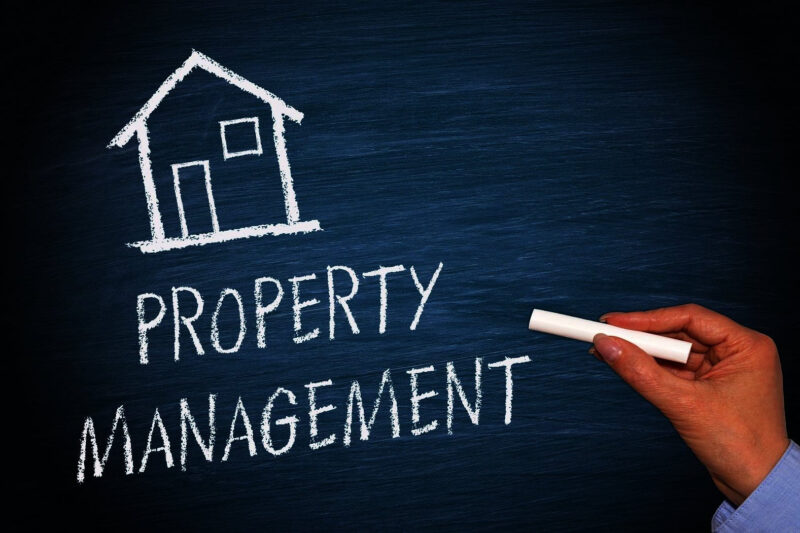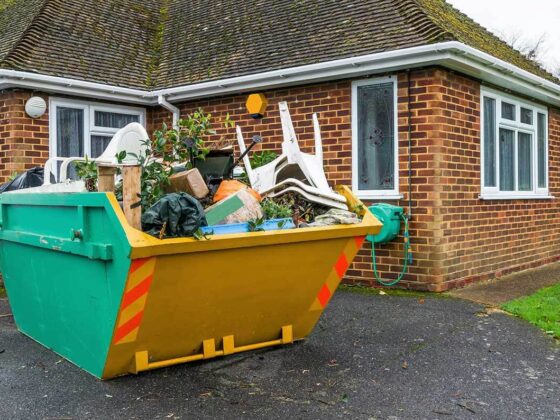In the dynamic and ever-evolving landscape of the property market, the importance of effective property management cannot be overstated. The intricate process of maintaining and optimizing properties goes beyond mere oversight; it involves a strategic and proactive approach to ensure that assets are not only well-maintained but also function efficiently to meet the evolving demands of both property owners and tenants. To ensure that properties are well-maintained and function efficiently in the ever-evolving world of the property market, property management is crucial.
For property owners seeking tailored property management services in the UK, understanding the responsibilities of a property manager is essential. This detailed guide is designed to explain the various duties of a property manager, giving property owners useful information about what to expect when they leave their investments in the hands of these experts.
The Essence of Property Management Services:

Property management services encompass a wide range of responsibilities aimed at simplifying property ownership and maximising returns. Property managers serve as go-betweens for property owners and tenants, dealing with different kinds of tasks related to the property.
Tenant Relations and Leasing:
Property managers are responsible for finding and retaining reliable tenants. This includes advertising properties, conducting tenant screening, and managing the leasing process. Property managers strive to ensure that properties are occupied by responsible tenants who pay rent on time and adhere to lease agreements.
Rent Collection and Financial Management:
Efficient rent collection is a critical aspect of property management. Property managers establish and enforce rent payment policies, including addressing late payments and rent increases as permitted by local regulations. They also keep careful track of money matters, giving property owners regular updates on how much money is coming in and going out.
Maintenance and Repairs:

Property managers monitor the routine maintenance, repairs, and emergency services. They partner with reliable suppliers and contractors to make sure properties are maintained and problems are dealt with as soon as possible. Regular property inspections are conducted to assess the condition of units and common areas.
Legal Compliance:
Property management companies stay updated with local, state, and national laws and regulations. From lease agreements to evictions, property managers make sure that every aspect of property management is compliant with the law. They also handle legal matters related to property disputes and tenant issues.
Marketing and Advertising:
To minimise vacancies, property managers create tailored marketing strategies. They use various platforms such as online listings, social media, and local advertising to attract prospective tenants. Effective marketing helps in reducing the time a property remains vacant, thus maximising rental income.
Tenant Communication and Conflict Resolution:
Property managers are the main people tenants talk to. They address tenant inquiries, handle maintenance requests, and mediate disputes between property owners and tenants. Effective communication and conflict resolution contribute to tenant satisfaction and retention.
Property Inspections and Evaluation:
Regular property inspections are conducted to assess the condition of properties. Property managers identify maintenance needs, evaluate the effectiveness of maintenance contractors, and ensure that properties are well-cared for.
Emergency Response:

Property managers are available to respond to emergencies 24/7. Whether it’s a burst pipe, a power outage, or a security issue, they take swift action to mitigate damage and ensure tenant safety.
Financial Planning and Budgeting:
Property managers assist property owners in developing and implementing financial plans and budgets. They provide insights into potential areas for cost savings and revenue enhancement, helping property owners achieve their financial goals.
Legal Expertise and Evictions:
Property managers have expertise in property-related laws and regulations. They handle the eviction process if necessary, ensuring that it follows legal procedures while protecting the interests of property owners.
Property Insurance:
Property managers often assist property owners in obtaining suitable property insurance coverage. This includes insurance for property damage, liability protection, and rental income loss coverage.
Record Keeping and Documentation:

Accurate record-keeping is crucial for property management. Property managers maintain comprehensive records of all transactions, communications, and property-related documents.
Conclusion:
If you’re a property owner looking for property management in the UK, it’s important to know what a property manager does. Property managers serve as valuable partners, simplifying property ownership and ensuring that investments are well-maintained and profitable.
By outsourcing property management to experienced professionals, property owners benefit from a smooth and stress-free property management process. These professionals handle tenant relations, financial management, maintenance, legal compliance, and much more, allowing property owners to focus on their broader investment goals with confidence. With property managers by their side, property owners can navigate the complex landscape of property with ease, knowing that their investments are in capable hands.


